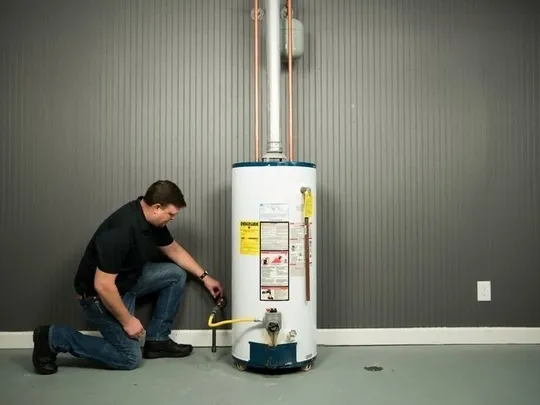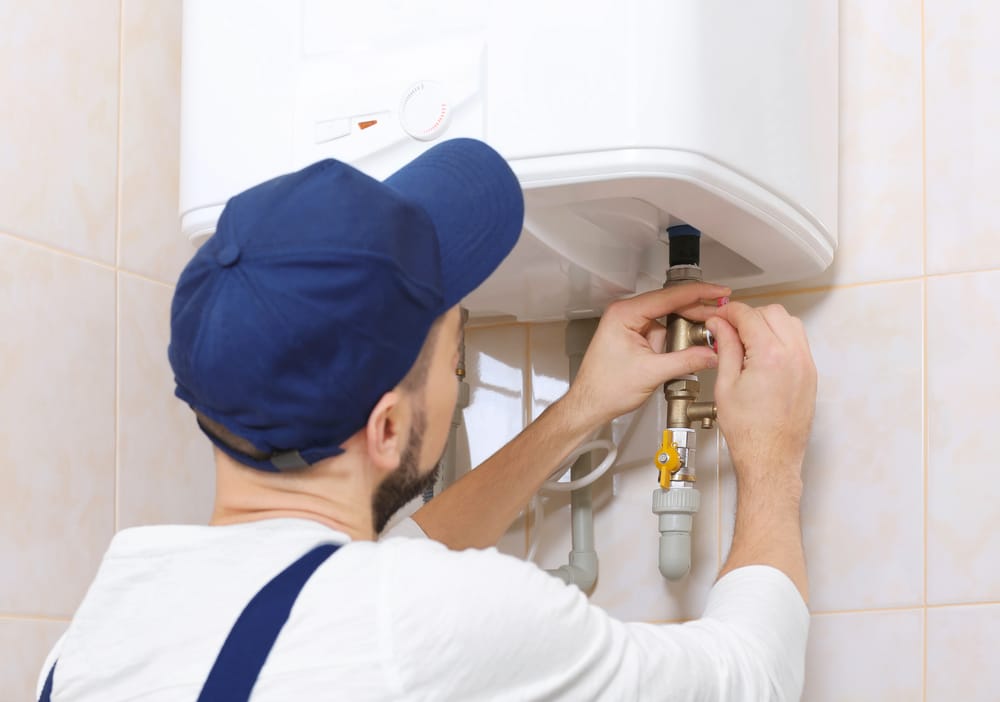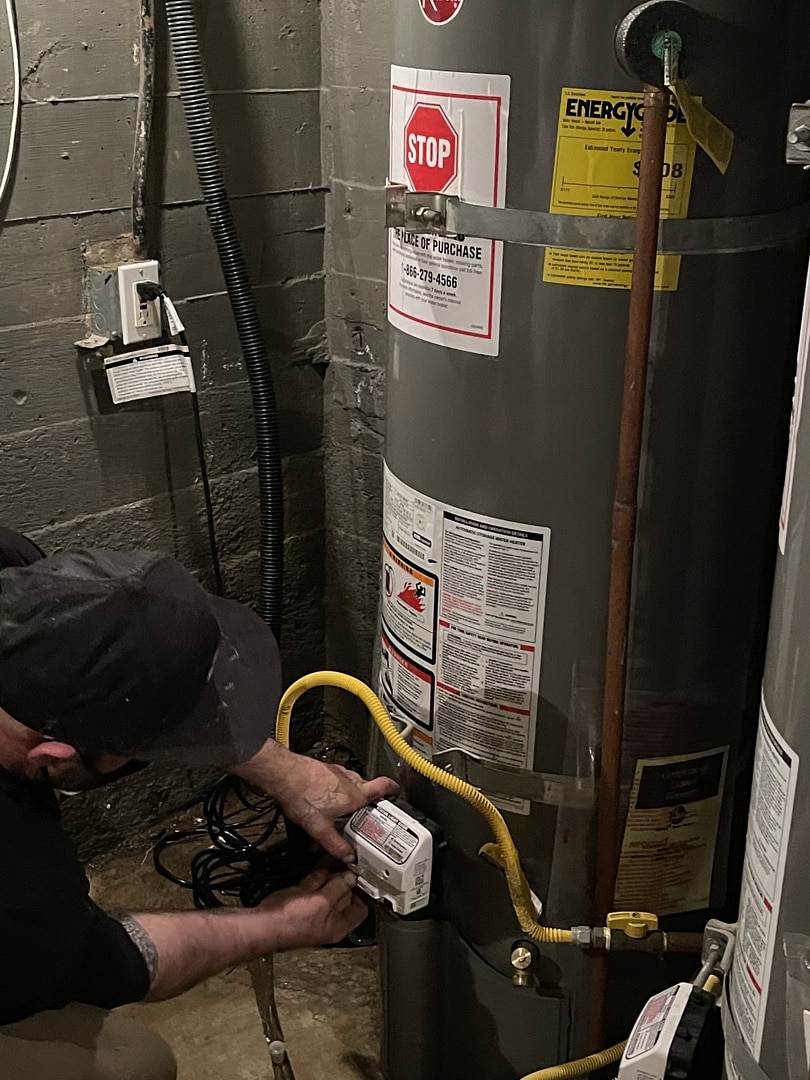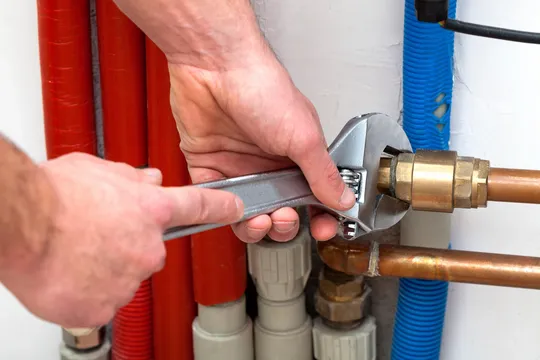Is a Water Heater Inspection Mandatory?
Water Heater inspections may not be required unless it is a new construction or addition to the home. Other than that inspections are just to confirm the job was done correctly. On Call Water Heaters can include an inspection to your installation or you can also schedule your own. Again, an inspection is optional and not the law for replacing a water heater. Many articles, sites, companies, and other sources make the consumers believe otherwise due to adding the feature, standing out, or other beneficial reasons. Inspecting any major appliance is never a bad idea and may turn out to be important, even more so if the company performing the work is not qualified, but just to answer the question many customers have, no it is not mandatory
Below is additional general inspection information that may be valuable to you.
What Happens During a Plumbing Inspection?
Plumbing Inspections are Essential During New Construction and Remodeling Projects!
Why schedule an annual inspection for plumbing? This is a question homeowners consistently ask, and it’s a fair one. Why should we arrange inspections on a regular basis? You’ll hear vague answers about preventative maintenance, but let’s break down the matter into greater detail!
Today, we’ll look into the steps involved in a plumbing/water heater inspection, when checkups are mandatory, and how you can best utilize your inspection to plan ahead! By the end, you’ll have a deeper appreciation for these insightful services and understand the benefits of consistent plumbing inspections. Let’s dive in!
What is a Plumbing Inspection?
Many homeowners don’t quite understand what a plumbing inspection truly is. “Help! My water heater isn’t working properly. Come and inspect it!” is not how they are intended to work. Inspections are designed to provide you with a complete picture of your plumbing system’s health, immediate needs, and future projects. They aren’t a reactionary tool to help homeowners deal with an impending crisis.
So what happens during a plumbing inspection?
Think of all the areas water flows in and out of your home. These are the areas that a professional assessment should cover. That includes your piping, sinks, faucets, toilets, and other appliances. Even your water lines should be covered. While your water heater and toilets will receive special attention, an experienced plumber looks to examine the complete health of your system. That means testing for proper water pressure. After all, too much pressure can damage your plumbing, and too little can leave your home with dysfunctional water appliances.
Once the check-up is complete, your plumber should provide you with a plumbing inspection report. Hold onto this! Highlight important notes your plumber has made. If your professional points out impending part replacements, make a note on your calendar so you aren’t surprised later on.
Benefits of Regular Inspections
- Exposed plumbing issues can be dealt with quickly.
- They provide cost-effective peace of mind.
- Inspections prevent a high percentage of plumbing emergencies.
- They enable homeowners to plan ahead for replacements.
When is a Plumbing Inspection Required?

You’d Be Amazed at the Hard to Spot Problems a Thorough Inspections Can Expose.
There are few instances when plumbing inspections are mandatory, but the largest exceptions are construction and home updates. If you decide to take on a bathroom remodel (for instance), you’ll have to schedule at least two assessments, including a rough-inspection of the new piping and a final checkup before connecting your appliances.
While it isn’t mandatory per se, scheduling a plumbing inspection for a home you are interested in buying is just common sense. If your professional finds and documents damage to the property’s plumbing system, you can negotiate the cost of repairs out of the asking price. All you’ll need is the report from your certified installer
CONCLUSION: Water Heater Inspection Mandatory?
























